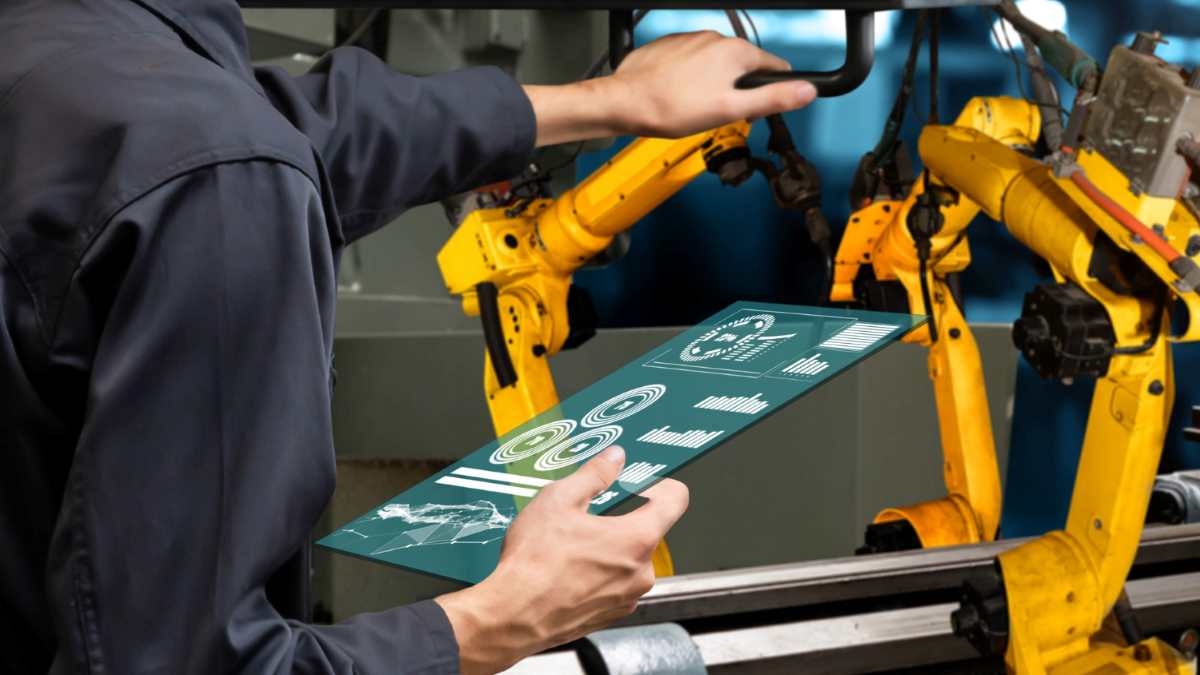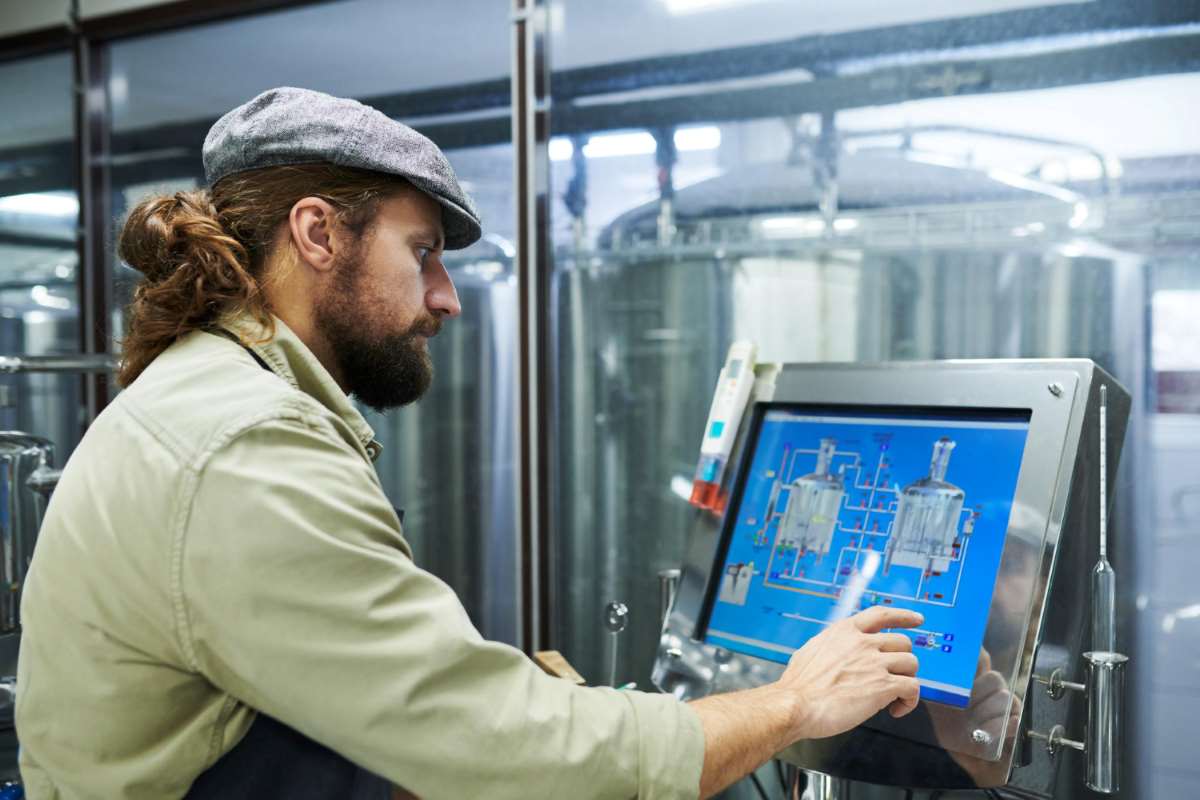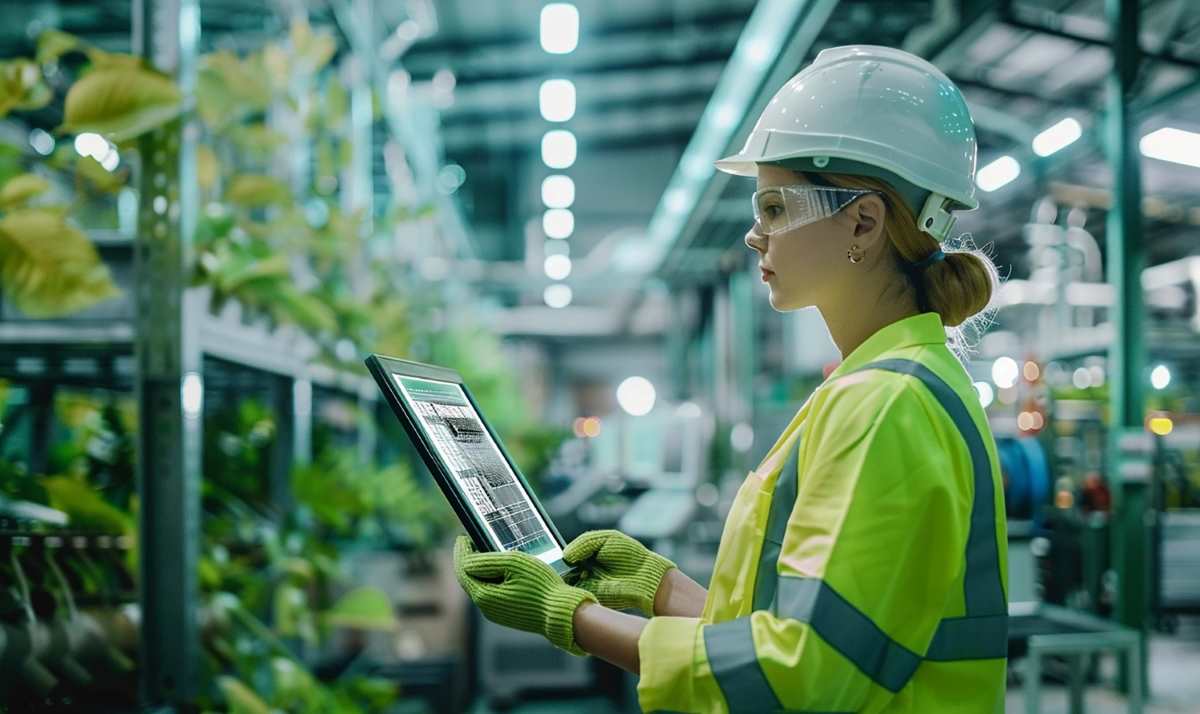Understanding DEF Production Standards
DEF production plays a critical role in reducing emissions from diesel engines by providing high-quality Diesel Exhaust Fluid (DEF) to support Selective Catalytic Reduction (SCR) systems. Adhering to ISO 22241 standards ensures that DEF maintains its purity and effectiveness, preventing damage to SCR systems and ensuring compliance with environmental regulations.
Meeting these stringent standards is challenging due to the need for precise urea concentration, ultra-pure water, and meticulous quality control processes. Manufacturers must implement advanced technologies to meet these requirements, ensuring that their DEF production meets global sustainability goals while remaining cost-effective.
Maintaining Quality in DEF Production
One of the biggest challenges in DEF production is maintaining consistent quality to prevent impurities that could harm SCR systems. Contaminated DEF can lead to system malfunctions, reduced efficiency, and costly repairs. Ensuring purity requires advanced filtration systems and rigorous testing procedures throughout the production process.
Additionally, as global demand for DEF grows, scaling production while maintaining quality becomes increasingly complex. Manufacturers must invest in automated monitoring tools to detect impurities and maintain ISO standards, ensuring the reliability of their DEF products in diverse market conditions.
The Role of UAN32 Production in DEF Facilities
UAN32 production (Urea Ammonium Nitrate) shares several technologies with DEF manufacturing, particularly in water purification and urea handling. Integrating UAN32 facilities with DEF production can optimize resource use and reduce overall production costs. However, balancing the distinct requirements of both products poses logistical challenges.
To overcome these challenges, manufacturers must employ advanced systems that enable dual production without compromising quality. Leveraging shared technologies allows facilities to maximize efficiency, meeting the needs of both UAN32 production and DEF manufacturing while adhering to strict environmental standards.

Water Purity: The Backbone of DEF Production
Producing high-quality DEF relies on ultra-pure water, which is achieved through advanced purification methods. Contaminants in water can compromise DEF quality and cause deposits in SCR systems, leading to performance issues. Maintaining this level of water purity requires investment in cutting-edge water purification plants.
As global water scarcity intensifies, ensuring access to sufficient clean water for DEF production becomes a significant challenge. Manufacturers are increasingly turning to sustainable solutions, such as recycling water and utilizing renewable energy to power purification systems, to overcome this hurdle.
Sea Water Desalination for DEF Production
Regions with limited freshwater resources rely on sea water desalination plants to meet the water demands of DEF production. Desalination technologies transform seawater into high-purity water suitable for DEF manufacturing. While effective, these systems can be energy-intensive and require significant investment to implement at scale.
To address these challenges, manufacturers are exploring renewable energy solutions to power desalination processes. By integrating sustainable energy sources, sea water desalination plants can reduce their environmental impact and provide a reliable water supply for DEF production, even in water-scarce regions.
Scaling AdBlue Production to Meet Global Demand
The rising demand for DEF 32.5% has led to increased AdBlue production worldwide. Scaling production while maintaining consistent quality presents a challenge, especially as manufacturers expand into new markets with varying regulatory environments. Ensuring adherence to international standards across multiple facilities requires robust quality assurance systems.
Innovations in automation and data analytics have helped manufacturers overcome some of these challenges. By implementing advanced monitoring technologies, AdBlue production facilities can maintain product consistency and compliance with environmental standards, even as production scales globally.

Integrating AUS Production with DEF Manufacturing
AUS production, or AUS32, aligns closely with DEF 32.5% standards, making integration with DEF manufacturing facilities a logical choice for many producers. However, ensuring compatibility between different production lines can be a challenge, requiring careful planning and investment in flexible manufacturing systems.
By adopting shared resources and standardized processes, manufacturers can streamline operations and reduce costs. This integration allows AUS production to meet global demand while supporting the broader goal of reducing diesel engine emissions and promoting sustainable transportation solutions.
Cost and Sustainability Challenges in DEF Production
The dual pressures of cost efficiency and sustainability present significant challenges for DEF manufacturers. Reducing production costs while maintaining high quality standards requires continuous investment in innovation and process optimization. Additionally, balancing cost reduction with environmental responsibility is critical for long-term success.
Many manufacturers are adopting sustainable practices, such as using renewable energy, recycling materials, and minimizing waste during production. These efforts not only reduce operational costs but also align with the growing demand for environmentally responsible DEF production.
Conclusion
DEF production is a vital component of modern diesel engine technology, enabling significant reductions in NOx emissions and supporting global sustainability goals. However, manufacturers face numerous challenges, from maintaining consistent quality to ensuring access to pure water and scaling production efficiently. Overcoming these hurdles requires investment in advanced technologies, sustainable practices, and innovative solutions.
By integrating UAN32 production, leveraging technologies like sea water desalination and reverse osmosis, and adhering to global standards such as those in AdBlue production and AUS production, manufacturers can address these challenges effectively. Through continuous innovation and a commitment to sustainability, the DEF industry will continue to drive progress toward cleaner and more efficient diesel transportation solutions.
Frequently Asked Questions
- What is DEF production?
- DEF production involves manufacturing Diesel Exhaust Fluid to reduce NOx emissions in diesel engines using SCR systems.
- Why is water purity important in DEF production?
- Ultra-pure water prevents impurities that could damage SCR systems and compromise DEF quality.
- What challenges do DEF manufacturers face?
- Challenges include maintaining consistent quality, sourcing pure water, and scaling production efficiently.
- What is UAN32 production?
- UAN32 production refers to manufacturing Urea Ammonium Nitrate, which shares technologies with DEF production.
- How does sea water desalination support DEF production?
- It provides a sustainable water source for DEF production in regions with limited freshwater resources.
- What is AdBlue production?
- AdBlue production creates standardized DEF 32.5% for global markets to reduce emissions in diesel vehicles.
- What is AUS production?
- AUS production, also known as AUS32, adheres to DEF 32.5% standards for compatibility with SCR systems.
- How do manufacturers ensure DEF quality?
- They use advanced technologies like reverse osmosis and automated quality control systems.
- What is the role of ISO standards in DEF production?
- ISO standards ensure DEF maintains consistent quality and compatibility with SCR systems.
- Where can I find certified DEF products?
- Certified DEF is available at fuel stations, automotive retailers, and online suppliers globally.

